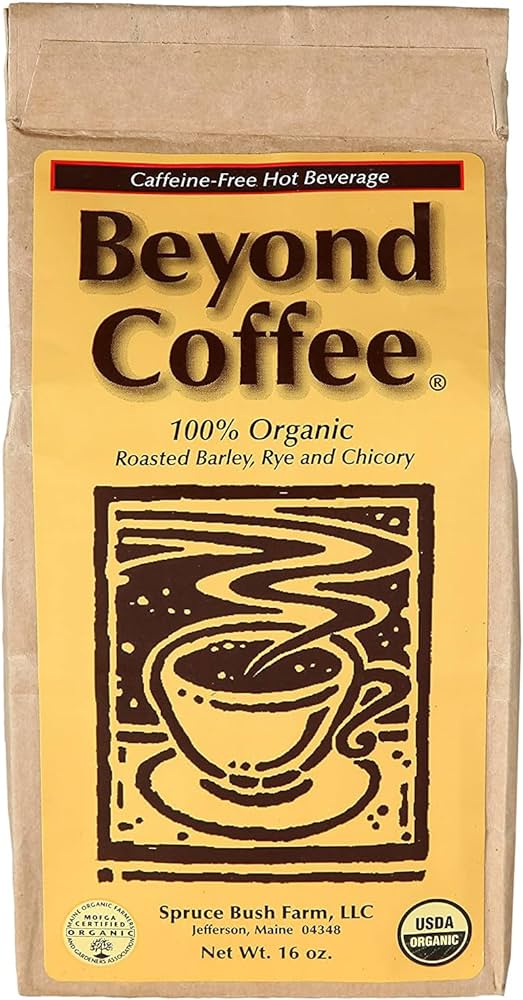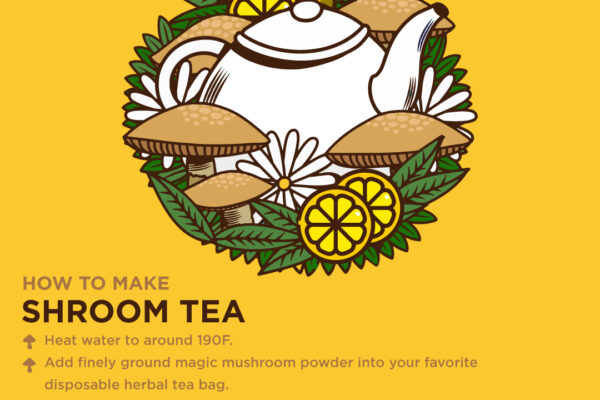Blog
Does Organic Coffee Have Caffeine?
Choose organic coffee as it offers numerous health advantages over its conventional counterpart. While organic varieties may cost more, their added cost should not come at the cost of your health.
Organic coffee is produced without chemicals or synthetic fertilizers, helping the land, water and air stay cleaner while simultaneously increasing production. But does organic coffee contain caffeine?
Caffeine
Coffee is one of the world’s most widely consumed beverages, offering numerous health benefits in addition to being delicious. Coffee contains antioxidants which fight free radicals that damage cells and lead to diseases; furthermore, caffeine helps increase energy levels and mental alertness for an overall boost.
With so many types of coffee available on the market, it can be daunting trying to select which is the best fit for both you and the environment. One alternative is organic coffee which is grown using sustainable farming practices which reduce synthetic fertilizers and pesticide use – healthier for you, the environment, and farmers who produce it!
Organic coffee is also better for the planet, using less chemicals and producing less waste than conventional varieties. Plus, organic products reduce carbon emissions while sequestering significant greenhouse gases – all making for more sustainable product. More people are opting for organic over traditional coffee.
Organic coffee offers more natural vitamins and minerals compared to its non-organic counterpart. Furthermore, organic varieties contain more polyphenols – natural antioxidants known for helping lower risks of heart disease, cancer and diabetes – than non-organic coffee varieties. Furthermore, research suggests organic can also increase cognitive function and mood as it has more amino acids present than conventional varieties.
A cup of coffee’s caffeine content depends on its beans, roasting process and brewing time – for instance light-roasted coffee beans contain more caffeine than dark-roasted ones; furthermore, their type and brew can impact its caloric intake.
Organic coffee offers more caffeine while being healthier for you due to being free from pesticide residue and chemical solvents used during processing, which may be toxic to human bodies and the environment. Furthermore, non-organic production often leads to deforestation while organic farming takes place under shade cover which helps preserve biodiversity and regional ecosystems.
Health Benefits
Just about every day you receive emails touting the many health benefits of organic coffee. If you enjoy drinking it regularly, switching to organic may be worthwhile since conventionally grown beans contain chemical pesticides, herbicides and fungicides which have been linked with various health conditions ranging from cancerous tumors to nervous system damage.
Organic coffee production is free from potentially hazardous chemicals and fertilizers that pollute rivers and streams nearby, poisoning their water supply for humans and animals alike. Furthermore, farmers do not inhale or touch sprayed plants which release these harmful toxins into their bodies via direct contact while harvesting the beans; roasters don’t touch these chemicals either or inhale their fumes during bean preparation processes either! This makes organic production much healthier overall for all involved – from farmers who don’t breathe them in during harvest to roasters who don’t touch or inhale toxic fumes during production chains!
Organic coffee offers several health advantages over its non-organic counterpart. Antioxidants help fight off the signs of aging while keeping your body nourished with potassium, riboflavin and magnesium.
The amount of nutrients that come from drinking coffee largely depends on its preparation and roasting methods; typically light roasts contain more vitamins and minerals than medium or dark roasts, although any regular cup can still provide many healthful benefits.
When purchasing coffee, always look for the USDA organic seal to verify its authenticity. Although organic coffee may cost more than other varieties available on the market, studies have proven its worth; organic beans have been shown to aid weight loss, improve diabetes symptoms, increase fitness program results and protect livers while even helping prevent certain forms of cancers.
Environmental Impact
As a coffee enthusiast, you want to be environmentally responsible and support sustainable farming practices. One way to do this is through choosing organic coffee. Not only does it reduce exposure to harmful chemicals but it also supports local economies and environments – choosing organic is straightforward without needing lifestyle adjustments; in fact, most of its carbon footprint comes from production and preparation – it makes sense!
Conventional coffee production involves toxic chemicals like pesticides, herbicides and fungicides which pollute air and water quality in surrounding areas, endangering both farmers and the environment. Organic coffee farming on the other hand uses natural methods that are safer for the environment and healthier for harvesters themselves.
Organic coffee is typically shade-grown to reduce soil erosion and enhance biodiversity, and certified as organic to assure minimal environmental impact and cost efficiencies over the long-term. By strengthening ecosystem resilience, organic farms are better prepared to deal with climate change and unexpected weather changes.
Sustainable agriculture also fosters a vibrant local economy. Organic farmers can sell their products at higher prices and create jobs for local people while enjoying stable income from selling their goods; over time this creates more resilient and self-reliant communities.
Sustainable agriculture not only boosts local economies but can also have an enormously positive effect on mental well-being. Without harmful chemical residues to disrupt our state of mind, sustainable farming provides greater mental peace – particularly for coffee lovers who relish in drinking their morning cup of joe. An added source of peace may come from knowing you’re helping protect the environment and local communities; although some consumers might worry about its higher cost due to using reusable cups and green practices like compostable packaging.
Cost
Organic coffee is produced without using harmful chemicals and as such has an intenser taste than non-organic varieties. Organic varieties also boast more antioxidants and chlorogenic acid which help prevent type 2 diabetes and high blood pressure; its lack of additives and artificial sweeteners makes it an excellent option for anyone attempting to lose weight.
Organic coffee benefits the environment in many ways, including supporting sustainable farming practices. Organic farmers tend to cultivate their crops under the protection of rainforests, encouraging biodiversity and keeping ecosystems alive. Furthermore, forests protect these coffee crops from pests and weather conditions, making cultivation easier. Furthermore, these farms are more resilient to unpredictable climate change as well as environmental factors.
Organic agriculture not only reduces pollution but also uses less water and pesticides than its conventional counterpart, thus lessening its burden on local ecosystems and communities. Furthermore, organic farmers focus on renewable resources to conserve soil and water reserves for long-term supply of healthy, safe products – factors which all add up to drive up organic food and beverage costs such as coffee.
Organic food and beverage products are seeing rapid global expansion. More consumers prefer buying organic goods over conventional ones as they prioritize health and environmental considerations when they shop. Organic coffee’s market could become particularly dynamic as more consumers become aware of its many advantages – and are willing to pay its higher cost premium price tag.
When purchasing organic coffee, look for the USDA Organic seal on its packaging to indicate compliance with all of its rigorous standards. In addition, independent agencies such as Fair Trade USA or Rainforest Alliance certify some coffee as organic; however it should be noted that not all items sold through them have actually met all certification criteria; some brands claim they meet these strict guidelines but do not actually conform.





